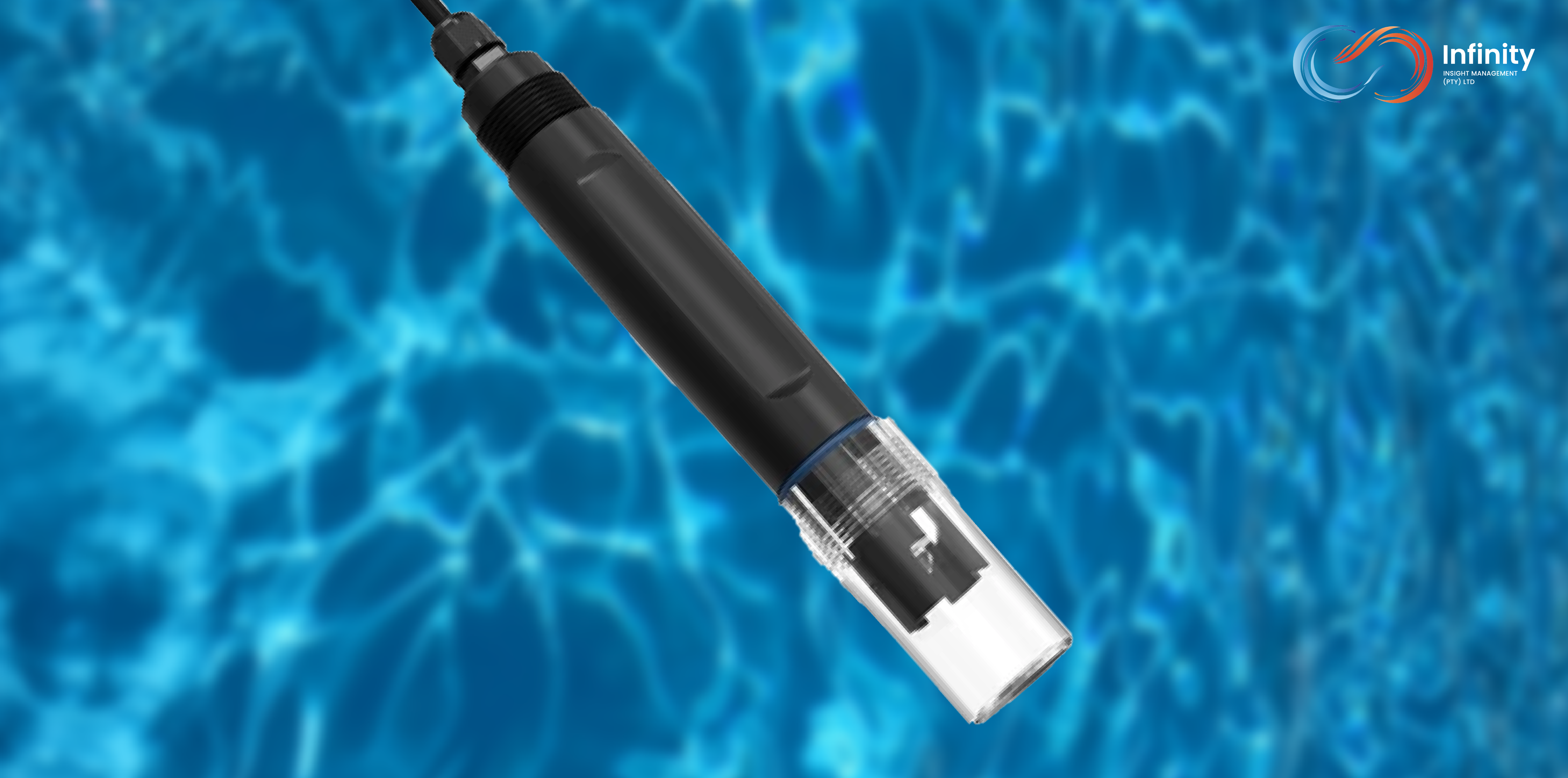Intelligent pH Sensors for Precise Water Monitoring
⬅ Back to Posts
pH is a fundamental parameter in water quality monitoring, reflecting the acidity or alkalinity of a solution. Accurate pH measurement is essential across industries like water treatment, pharmaceuticals, agriculture, and food processing. With this in mind, the rise of intelligent technologies is revolutionizing how pH levels are monitored and controlled. In particular, intelligent pH sensors are leading this transformation.
What is an Intelligent pH Sensor?
An intelligent pH sensor is an advanced device designed to measure the pH of a solution with high precision and minimal manual intervention. Unlike traditional pH sensors, intelligent versions are equipped with digital technologies that enable features such as real-time monitoring, automated calibration, diagnostics, and seamless integration with industrial control systems. As a result, they significantly improve efficiency and data reliability.
These sensors provide reliable and consistent data. Consequently, they are invaluable for maintaining process efficiency, product quality, and environmental safety.
How Does an Intelligent pH Sensor Work?
The working principle of an intelligent pH sensor is based on electrochemical measurement. It typically consists of:
pH Electrode:
The core component, often made of glass, measures the hydrogen ion concentration in a solution.
The electrode generates an electrical potential proportional to the pH level.
Reference Electrode:
Provides a stable reference potential to compare the pH electrode’s signal.
Temperature Sensor:
Compensates for temperature variations that affect pH measurements, ensuring accurate readings.
Digital Signal Processor:
Converts analog signals from the electrodes into digital data.
In addition, it enhances the signal by filtering noise and providing diagnostics.
Smart Features:
Includes built-in processors for real-time data analysis, self-calibration, and predictive maintenance alerts.
Therefore, it helps users make timely, informed decisions.
Key Features
- Real-Time Monitoring: Continuously tracks pH levels, enabling instant detection of deviations.
- Automated Calibration: Reduces manual calibration efforts by performing automatic, precise adjustments.
- Diagnostics and Alerts: Provides real-time diagnostics, such as electrode condition and potential drift, with alerts for maintenance or replacement.
- Digital Communication: Supports protocols like MODBUS, HART, or wireless connectivity for seamless integration into SCADA and IoT systems.
- Robust Design: Built with materials that resist fouling, corrosion, and harsh environments, extending sensor lifespan.
Moreover, these features make them ideal for complex and demanding environments.
Advantages
Intelligent pH sensors offer several benefits over traditional pH meters:
- Enhanced Accuracy: Advanced signal processing eliminates errors caused by noise, drift, or temperature fluctuations.
- Reduced Downtime: Self-diagnostics and predictive maintenance prevent unexpected failures, reducing operational disruptions.
- Ease of Integration: Digital outputs enable smooth integration with modern industrial systems for centralized monitoring and control.
- Lower Operational Costs: Automated calibration and maintenance reduce the need for manual intervention, saving time and labor costs.
- Versatility: Suitable for a wide range of applications, from pure water analysis to wastewater treatment in harsh conditions.
Furthermore, their flexibility supports both small-scale and large-scale operations.
Applications
Water and Wastewater Treatment:
Ensuring compliance with regulatory standards by maintaining optimal pH levels in treated water.
Monitoring pH in industrial effluents to minimize environmental impact.
Pharmaceuticals:
Maintaining precise pH levels in drug formulations and manufacturing processes to ensure product efficacy and safety.
Food and Beverage:
Monitoring pH during fermentation, brewing, and food processing to maintain quality and consistency.
Agriculture:
Measuring soil and irrigation water pH for optimal crop growth and yield.
Chemical Processing:
Controlling pH in chemical reactions to improve process efficiency and product quality.
Power Plants:
Monitoring pH in boiler feedwater and cooling systems to prevent scaling and corrosion.
Notably, these use cases highlight the importance of pH control in a wide variety of industries.
How to Choose the Right Intelligent pH Sensor
When selecting an intelligent pH sensor, consider the following factors:
- Application Environment: Determine whether the sensor will be exposed to harsh chemicals, high temperatures, or abrasive conditions.
- Measurement Range: Ensure the sensor covers the pH range required for your application.
- Accuracy Requirements: Look for sensors with high precision if your process demands stringent control.
- Integration Needs: Check compatibility with your existing monitoring and control systems.
- Maintenance Features: Opt for sensors with self-diagnostics and easy maintenance to reduce operational complexity.
Ultimately, selecting the right sensor depends on both environmental conditions and operational goals.
Intelligent pH sensors are transforming the landscape of water quality monitoring and industrial processes. Their advanced features, such as real-time monitoring, automated calibration, and digital integration, provide unparalleled accuracy and efficiency. Consequently, industries benefit from better process control, regulatory compliance, and long-term cost savings.
Ready to Upgrade?
Contact us today to find out how our cutting-edge solutions can elevate your pH monitoring strategy.
